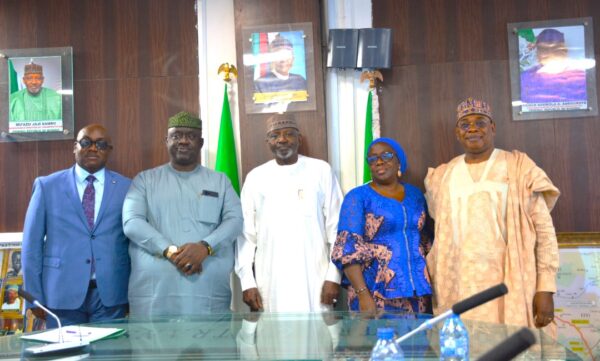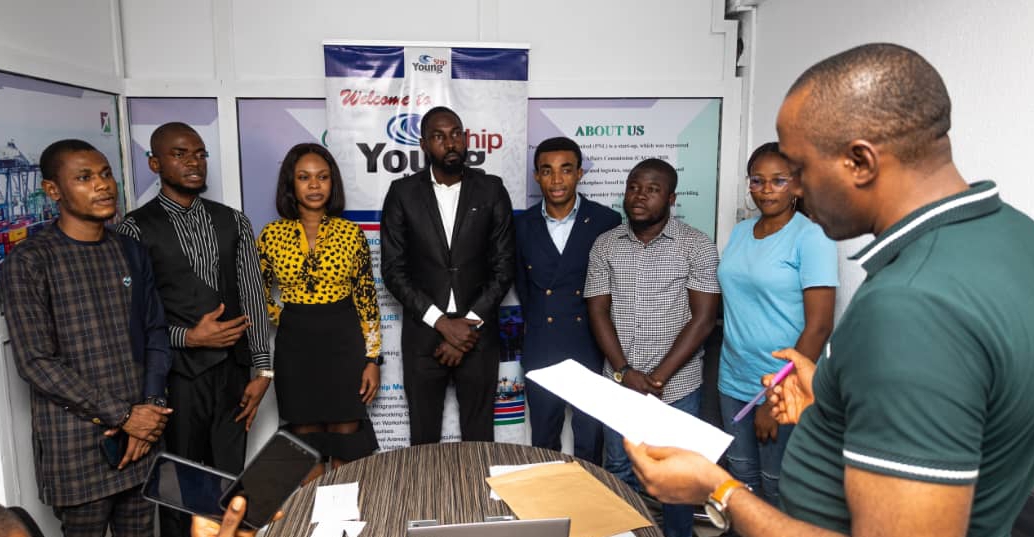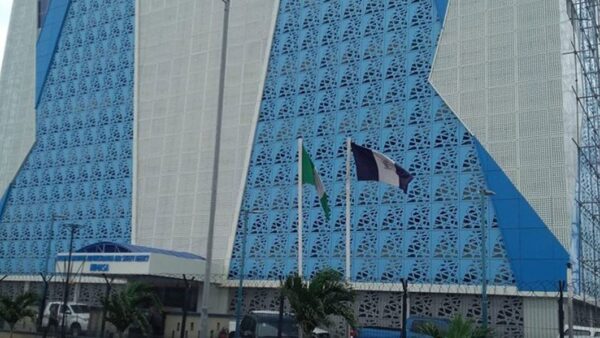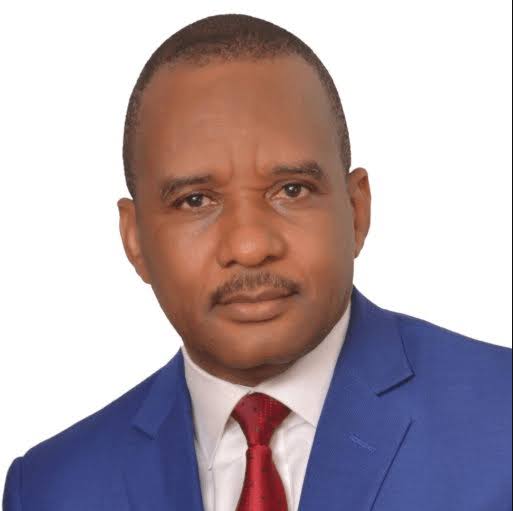IWD: MMS WoFHoF Lauds Nigerian Women Ranking On Global Economic Opportunity Index
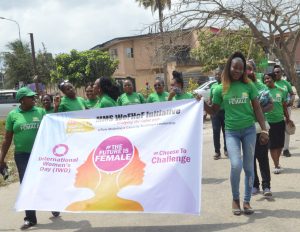
* Calls for gender balance in governance, education and labour
By Kenneth Jukpor & Yusuf Odejobi
MMS Woman of Fortune Hall of Fame (WoFHoF) Initiative has commended Nigeria’s rating on Economic Participation and Opportunities gap with the nation ranked 38th in the world, closing the gap by 73.8% since 2018.
The non-profit organization made this commendation during a press briefing and road-walk to mark the 2021 International Women’s Day (IWD).
Reeling out these statistics in her speech, the Executive Secretary of MMS WoFHoF Initiative, Mrs. Ifeoma Iloh used data from the World Economic Forum’s (WEF) 2020 Global Gender Gap Report (GGGR).
While the data indicates that “no country to date has yet achieved full gender parity ” and will not be attained for the next 99.5 years in some countries, Iloh said that it isn’t a coincident that nations that have sustained their economies during the COVID-19 pandemic have done so by closing their gender inequality gaps.
According to her, this suggests that there is a correlation between sustainable economy, institutional building and gender parity.
“On the global gender gap index rankings, Nigeria performs relatively better in offering comparable economic opportunities to both men and women compared to other dimensions of the index which are: Educational attainment, Health and Survival, Political empowerment.”
“Nigeria ranks 27th in Africa and 128th in the world with a score of 63.5%. Meanwhile, the country has closed 73.8% of its Economic Participation and Opportunities gap to date (38th globally) and is one of the most improved countries globally on this aspect since 2018 (almost 8% points better than last edition).”
“Average annual incomes are estimated to be close to $6300 for men and $4600 for women. In terms of occupations, women represent a higher share of skilled professionals than men (64.6%), but a significantly lower share of senior positions (30.3%).”
“Literacy rates are also insufficient and skewed in favour of men (52.6% and 71.3% respectively). Participation of women in formal education is relatively compared to other countries in the index, leading to gender gaps of almost 17% in primary education , 13% in secondary education and nearly 30$ at the university level. Only 58% of girls are in primary school, 47% of them attended secondary school and just 8.3% go to university.”
“Among politicians, only 3.4% of parliamentarians (149th) and 8% of ministers are women (124th).”
Commenting on the effect of insecurity of women, she stated that the trend of abduction and kidnapping of girls will discourage school enrollment for the girl-child, “At the last count, 279 secondary school students were abducted from a school in Jangebe town in Zamfara, with psychological trauma inflicted on them.”
She, therefore, challenged Nigerian women to raise their voices with actions against the trend.
Also speaking on the theme: “The Future is Female” which was drawn from the global theme “Women In Leadership : Achieving An Equal Future In A COVID-19 World”, a former Director General of Nigerian Chamber of Shipping (NCS), Mrs. Obiageli Obi lamented that women have been victims of gross unemployment and hunger as the foremost effects of the COVID-19 pandemic.
She said, “Some women have lost their husbands and become breadwinners, fending for four or more children since the pandemic. The impact of this COVID-19 has varied from one individual to another but the end product has been unemployment and lack of finances.”
“The issue now should be how do we fight this pandemic and overcome it. COVID-19 is a threat to our health, our children are out of schools, businesses are crumbling and domestic violence is rising. Nevertheless, women are naturally designed solution providers. Women bring to birth and nature children. Women are creative and have beautiful ideas. How can we sit back and be defeated when all we require for success is within us?”
The former Director General of NCS also urged the federal government to target a percentage of its COVID-19 intervention fund towards women, noting that the palliatives already exist in the Northern part of the country but it should be nationwide.
On her part, the Secretary of Women’s International Shipping and Trading Association (WISTA) Nigeria, Mrs. Chizoba Anyika encouraged women to break the stereotype of hate and envy among themselves.
According to her, it is only when women truly love themselves and join hands to champion their cause that the society will take them seriously and they will find shoulders to lean on when in times of crisis and troubles.
Anyika, who is also an Assistant Director, Shipping Development, Nigerian Maritime Administration and Safety Agency (NIMASA), encouraged women to strive for knowledge and enhance their skills to be ready opportunities in their career or business path.
“We will continue to clamour for gender balance and kick against gender bias, but you’ll get the opportunities as a result of your skills and competence, not because you’re a woman,” she posited.



